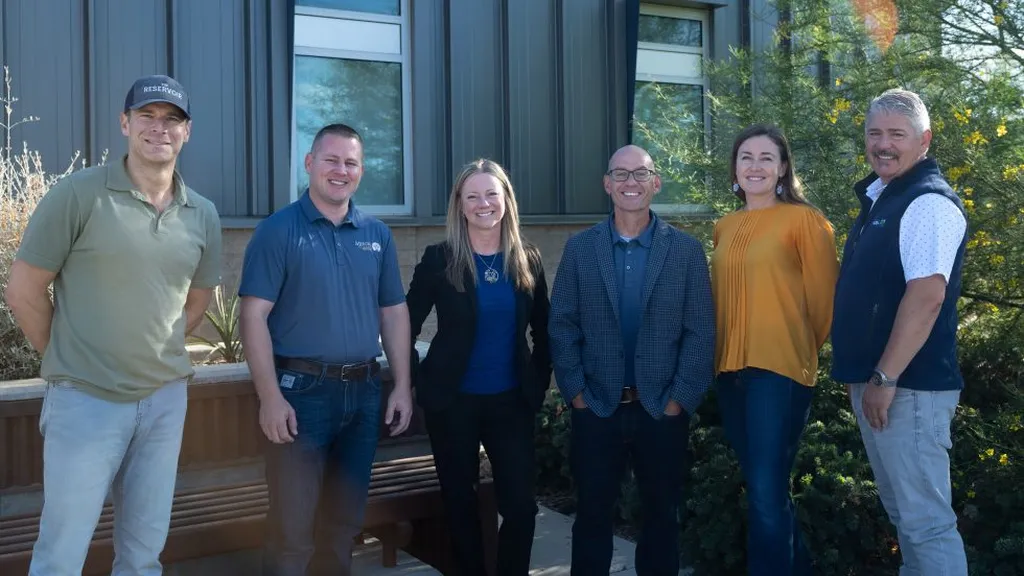California’s latest round of economic development funding is taking root in the Central Valley, where a $9.2 million investment is set to accelerate agricultural technology innovation through a collaboration between Merced College, UC Merced, and local economic development groups. The funds, part of the state’s $80 million California Jobs First initiative, will support three key projects designed to bridge research, education, and industry—positioning the region as a hub for next-generation farming solutions.
At Merced College, construction is already underway on the **AgTech Innovation Center**, a 22,000-square-foot facility that will house fruit, vegetable, tree nut, and meat processing labs, alongside spaces for nutrition research and a retail market. Cody Jacobsen, Dean of Agriculture and Industrial Technology, emphasizes its uniqueness: “There is no other university in the United States that will have a facility like this, let alone a community college.” The center’s design reflects a growing demand for hands-on training in food processing and value-added agriculture, sectors critical to the Valley’s economy.
The funding will also launch **The Reservoir**, an AgTech startup incubator on the Merced College campus. Unlike traditional accelerators, this facility will offer direct access to farmland, processing equipment, and academic expertise—allowing entrepreneurs to test and refine technologies in real-world conditions. “It’s an opportunity for startups to collaborate, access resources, and develop products without leaving the region,” Jacobsen notes. For a valley often seen as a testing ground for agricultural innovation but lacking local infrastructure to scale ideas, the incubator could help retain talent and businesses that might otherwise migrate to coastal tech hubs.
A few miles away, UC Merced’s **Experimental Smart Farm** will gain its first permanent structure: an **AgTech Barn**, funded in part by the same grant. The barn will serve as a workspace for students and researchers, housing equipment like electric tractors and sensor arrays used to monitor crop water use. Josh Viers, Associate Vice Chancellor, describes the farm as a “test bed for the future of agriculture,” where data-driven farming techniques are being pioneered. The barn’s construction—slated for summer 2025—will enable year-round research, including student capstone projects that previously required travel between campus and field sites. “The closer you are to the problem, the closer you are to the solution,” Viers says, underscoring the practical benefits of on-site facilities.
The rapid timeline—with both the AgTech Innovation Center and the barn expected to open by late 2025—reflects the “ready-to-go” nature of these projects, a requirement of the California Jobs First funding. For the Central Valley, where agriculture drives nearly 20% of the regional economy, the investments arrive at a pivotal moment. Drought, labor shortages, and climate pressures are pushing growers to adopt technology faster than ever, yet many lack local partners to help implement solutions. By linking education, research, and commercialization, the Merced AgTech Alliance aims to fill that gap.
The broader implications extend beyond Merced County. As California seeks to balance economic growth with sustainability, models like this—where community colleges, universities, and private-sector incubators collaborate—could offer a blueprint for other rural regions. The question now is whether the infrastructure alone will be enough to attract long-term industry investment, or if additional policy support will be needed to ensure the Valley’s AgTech ecosystem thrives. For now, the shovels are in the ground, and the clock is ticking toward 2025.

